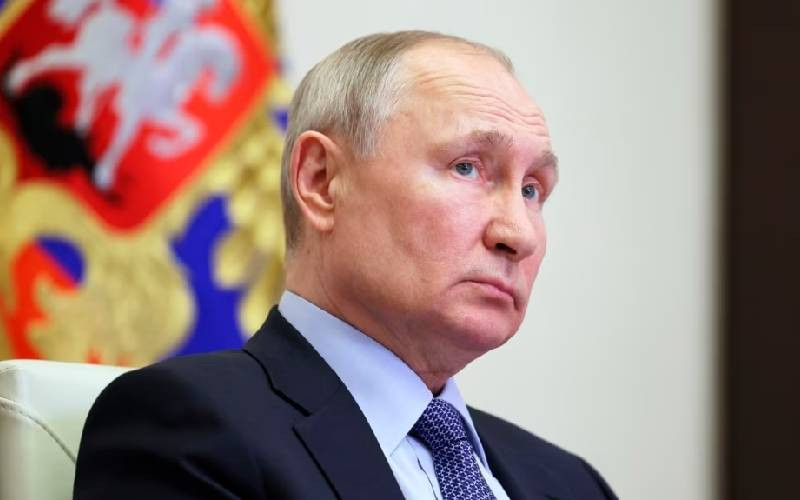
In the aftermath of Russian President Vladimir Putin's invasion of Ukraine last year, global attitudes toward Russia's leadership have shifted dramatically, with large majorities of the population in dozens of countries reporting disapproval of the Kremlin.
Data compiled from surveys of thousands of people in 137 countries and regions showed a marked decline in approval of the Kremlin, according to a report released by the Gallup organization on Tuesday. Globally, 57% of respondents reported that they disapprove of Russia's leadership in 2022, up from just 38% the year before.